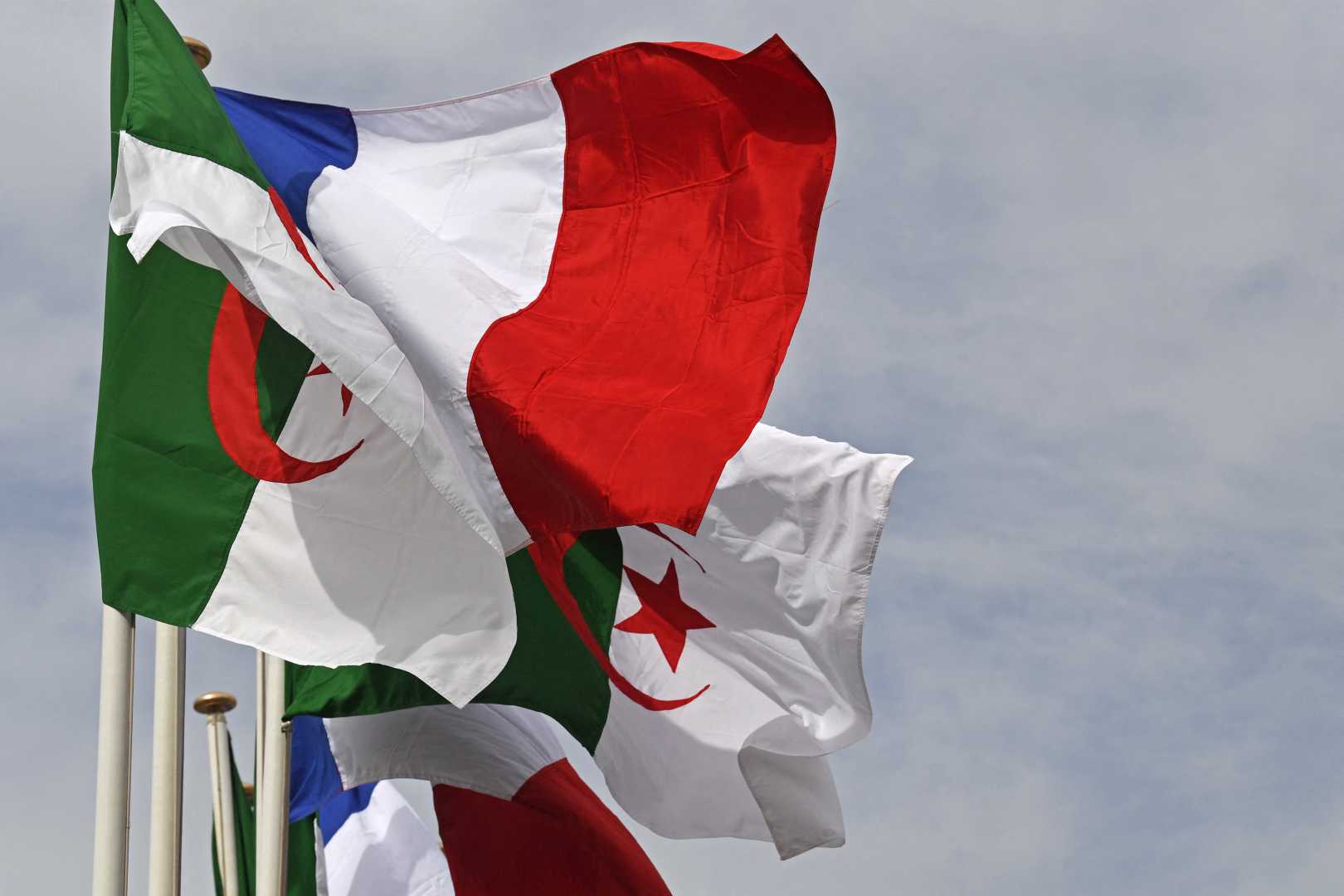World
Tensions Escalate as France and Algeria Expel Diplomats Amid Crisis

PARIS, France — The diplomatic relationship between France and Algeria has plunged deeper into crisis following France’s decision on April 15 to expel 12 Algerian diplomats. This action came just days after Algeria announced the expulsion of French consular officials, marking a significant escalation in tensions between the two nations.
The Elysee Palace attributed the responsibilities for the deterioration of bilateral relations to Algerian authorities, signaling a firm response to their recent actions. French President Emmanuel Macron also chose to recall Ambassador Stéphane Romatet for consultations, reflecting the seriousness of the ongoing dispute.
Interior Minister Bruno Retailleau described the situation as “totally unacceptable,” stating that France should not be a playground for Algerian intelligence services. He supported the government’s retaliatory measures as appropriate given the current circumstances.
Foreign Minister Jean-Noël Barrot acknowledged the ongoing differences but reiterated that France would continue to remind Algeria of its obligations regarding migration and security cooperation. He had recently visited Algeria on April 6, aiming to ease tensions that had been escalating since Macron’s acknowledgment of Moroccan sovereignty over Western Sahara.
The expulsions are unprecedented since Algeria’s independence in 1962 and reflect a significant shift in the historical context of Franco-Algerian relations. Comparisons have been drawn to past tensions with Russia, notably during responses to the invasion of Ukraine, but these recent events do not involve spying scandals, state officials indicated.
Algeria’s decision to expel the French diplomats was described as a “firm response” based on reciprocity, following the arrest of an Algerian consular agent in France on April 8. This agent was subsequently detained as part of an ongoing investigation into the alleged kidnapping of Amir Boukhors, a prominent Algerian opposition figure known as Amir DZ.
Barrot warned prior to the escalated measures that France would have to act similarly in the face of Algeria’s retaliatory moves. Nevertheless, the diplomatic fallout represents a fractured moment, erasing the brief respite that came from his recent visit, which was intended to thaw relations after several months of escalating tensions.
Ambassador Romatet’s recall underscores a serious approach by Paris as it contests the growing hostility from Algeria, with the Elysee asserting that Algerian officials are directly responsible for the continued deterioration.
The developments pose a complex challenge to both governments, especially as they had recently engaged in diplomatic talks to resolve various issues between them. The historical context of their relationship, covering contentious topics from migration policies to colonial legacy, further complicates their ability to find common ground in crisis.
Political analysts suggest that the Algerian government may be pursuing a hardline stance due to pressures within its military establishment, indicating internal divisions that could influence future relations with France. This perspective points to a potential desire within elements of the Algerian military to sabotage attempts at reconciliation.












